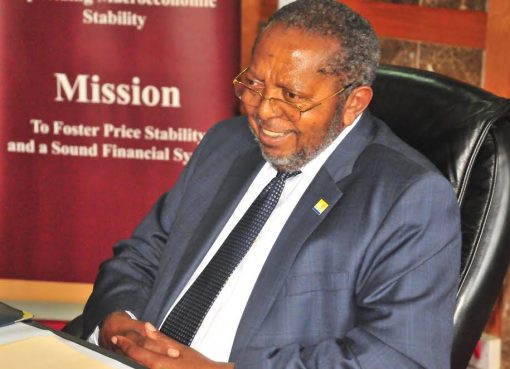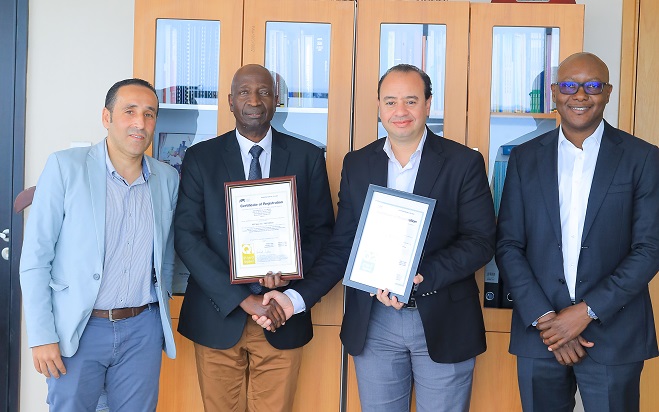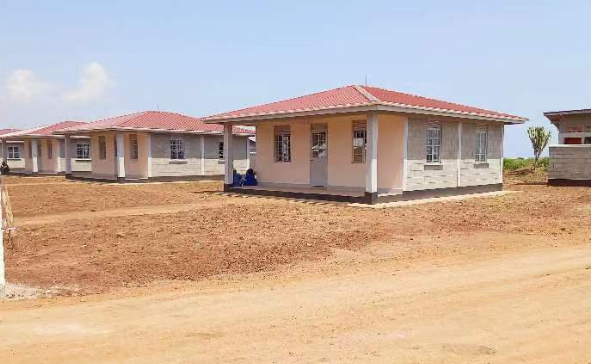The delegation of the European Union- EU in Uganda has reaffirmed it’s support towards provision of life-saving humanitarian assistance to refugees and host communities, in light of the coronavirus pandemic.
A press statement issued by Anna Merrifield, the Chargé d’Affaires of the the EU in Uganda, ahead of the World Refugee Day commemorated annually on 20th June reads: “As we join the rest of the world to commemorate World Refugee Day, we reaffirm our commitment to continue to work with the Government of Uganda to strengthen resilience among vulnerable refugees and host communities and improve their peaceful cohabitation.”
According to the EU, the Covid-19 pandemic has aggravated the situation of refugees in recent months, with food security deteriorating in all refugee settlements and basic social services, such as health care and education, also coming under increased pressure since the start of the pandemic.
“With the spread of COVID-19, it is imperative that all development partners work together with the Government of Uganda to meet the basic needs of refugees as a first step to prevent violence, while considering other options,” further reads the statement.
Uganda hosts the largest refugee population in Africa totaling to 1.5 million, of which 62 percent are from South Sudan. Even when borders are closed to asylum seekers since March 2020 when Uganda registered it’s first Covid-19 positive case, the country opened its borders to neighbours fleeing conflict.
Merrifield says that the European Union focuses its humanitarian investment in Uganda on the settlement of recently arrived refugees, coverage of their basic needs via cash-based assistance and improved access to basic services that include protection, health, water sanitation and hygiene, and education.
Since this year started, the EU has so far provided Euro 34.8 million, approximately 151 billion Shillings of humanitarian assistance to Uganda, out of which 12 billion Shillings is in support of the national COVID-19 vaccination rollout.
Isabelle D’Haudt, the Head of EU Humanitarian Aid Operations in Uganda says that in response to the spread of COVID-19, they have swiftly adapted their projects, creating awareness of the virus and promoting health and hygiene measures to mitigate its spread.
She says that this allowed health centers to remain functional with community workers at the front of the awareness and that the adaptations also included innovations, such as the expansion of contactless modalities via mobile money, which they see as an improvement for refugees.
“Receiving cash instead of in-kind handouts gives refugees the choice of purchasing what they need the most, contributing to their dignity. Injecting cash in refugee hosting districts also stimulates the local economy, building blocks to create livelihood opportunities, hence a better environment for self-reliance,” Isabelle D’Haudt says.
Meanwhile, the United Nations High Commissioner for Refugees -UNHCR says that this year’s World Refugee Day campaign calls for greater inclusion of refugees in education, health care and sports.
“Uganda has fully embraced this principle, making giant steps towards including refugees in national development plans and service delivery systems,” reads a joint press statement by UNHCR, United Nations Children’s Fund-UNICEF, World Food Program and others. “Since the launch of the Comprehensive Refugee Response Framework (CRRF) in March 2017, the Government, with support from UNHCR, partners and donors, has operationalized four integrated plans to respond to the needs of refugees and host communities in Education, Health, Water & Environment, and Jobs & Livelihoods. Refugees are also included in the national COVID-19 response and vaccination plans.”
However, UNHCR says that access to clean water remains a challenge, with funding shortages affecting both distribution and consumption. UNHCR post-emergency water supply standard is 20 litres per person, per day but refugees receive an average supply of water of 16.9 litres per person per day.
“Refugees are facing even greater challenges in collecting and storing clean water, with substantial geographical inequalities,” further reads the press statement. “For example, in Imvepi settlement, in the West Nile region, each refugee is able to access 27 litres of water a day, but only 37 per cent of refugee households is able to store and use more than 20 litres per day due to lack of jerry cans. In Kyaka II settlement, in the South West, the situation is more dire. The average water distribution is 10.6 liters per day, with 73 per cent of refugee households able to collect and store less than 20 litres per day.”
Munir Safieldin, the UNICEF Representative in Uganda says that access to potable water for hygiene and a safe sanitation system are essential to protecting health, especially during the pandemic.
He adds that in the face of a second COVID-19 wave in the country, limited access to clean water exposes refugees to a greater risk of infection.
The World Refugee Day, is used to honour the strength and resilience of refugees as well as encourage public awareness and support of the refugees.





